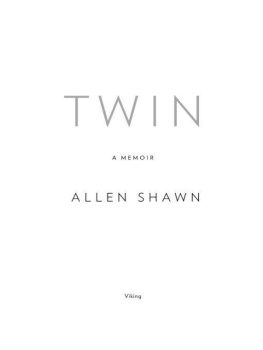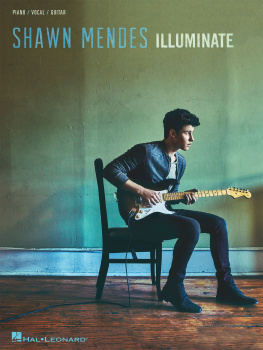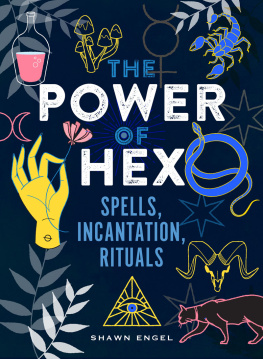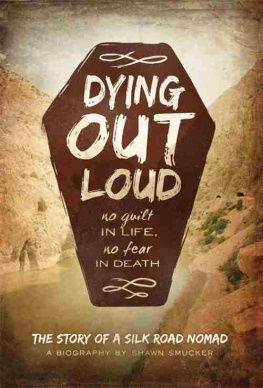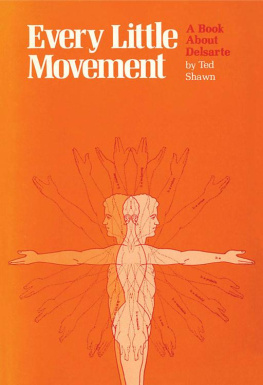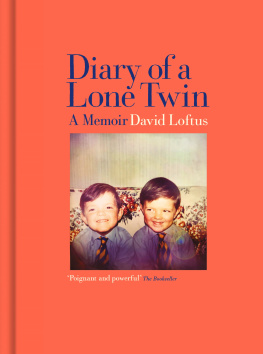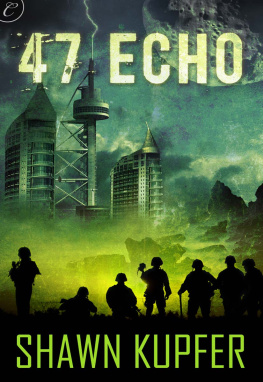Table of Contents
ALSO BY ALLEN SHAWN
Wish I Could Be There: Notes from a Phobic Life
Arnold Schoenbergs Journey
VIKING
Published by the Penguin Group
Penguin Group (USA) Inc., 375 Hudson Street, New York, New York 10014, U.S.A. Penguin Group (Canada), 90 Eglinton Avenue East, Suite 700, Toronto, Ontario, Canada M4P 2Y3 (a division of Pearson Penguin Canada Inc.) Penguin Books Ltd, 80 Strand, London WC2R 0RL, England Penguin Ireland, 25 St. Stephens Green, Dublin 2, Ireland (a division of Penguin Books Ltd) Penguin Books Australia Ltd, 250 Camberwell Road, Camberwell, Victoria 3124, Australia (a division of Pearson Australia Group Pty Ltd) Penguin Books India Pvt Ltd, 11 Community Centre, Panchsheel Park, New Delhi - 110 017, India Penguin Group (NZ), 67 Apollo Drive, Rosedale, North Shore 0632, New Zealand (a division of Pearson New Zealand Ltd) Penguin Books (South Africa) (Pty) Ltd, 24 Sturdee Avenue, Rosebank, Johannesburg 2196, South Africa
Penguin Books Ltd, Registered Offices:
80 Strand, London WC2R 0RL, England
First published in 2011 by Viking Penguin,
a member of Penguin Group (USA) Inc.
Copyright Allen Shawn, 2011
All rights reserved
A portion of this book appeared in The New York Times Magazine as Family Meal.
Excerpt from Ed subito sera from Poesie by Salvatore Quasimodo, (Arnoldo Mondadori Editore, Milan). 1942 Arnoldo Mondadori Editore S.p.A., Milano. Translated by Piergiorgio Nicoletti. Used by permission of the publisher and the translator.
LIBRARY OF CONGRESS CATALOGING-IN-PUBLICATION DATA
Shawn, Allen.
Twin: a memoir / Allen Shawn.
p. cm.
eISBN : 978-1-101-47522-5
1. Shawn, Allen. 2. AutismPatientsBiography. 3. Schizoaffective disordersPatientsBiography. 4. TwinsBiography. I. Title.
RC553.A88S53 2011
616.8588200922dc22
[B] 2010027898
Without limiting the rights under copyright reserved above, no part of this publication may be reproduced, stored in or introduced into a retrieval system, or transmitted, in any form or by any means (electronic, mechanical, photocopying, recording or otherwise), without the prior written permission of both the copyright owner and the above publisher of this book.
The scanning, uploading, and distribution of this book via the Internet or via any other means without the permission of the publisher is illegal and punishable by law. Please purchase only authorized electronic editions and do not participate in or encourage electronic piracy of copyrightable materials. Your support of the authors rights is appreciated.
Penguin is committed to publishing works of quality and integrity. In that spirit, we are proud to offer this book to our readers; however, the story, the experiences, and the words, are the authors alone.
http://us.penguingroup.com
In memory of William and Cecille Shawn,
Bessie Fitzgerald Thomas, and Irene Anderson Archibald,
and to all those who have tried to understand and care for Mary
LOST
I dont like losing things. I keep a list of books I know I once had, and know Ive read, that I have somehow misplaced; The Magic Mountain, Loren Eiseleys The Star Thrower, The Complete Claudine b y Colette are on it, along with at least forty other titles. Even when I lose a pair of pants, a sense of vexation, a confusion, arises in me that seems out of all proportion to the loss, and if the pants are suddenly presented to me apologetically at the dry cleaners, I feel a strange giddiness, a tincture of the kind of joy displayed by reunited families in movies about Mormon heaven. It is strange that in this world in which everything is sooner or later lost, where losing is the only certainty, one gets attached to even the smallest things and wants to be able to say goodbye even to a pair of pants, rather than have it simply disappear. One wants to see a logic in disappearances and to know when one is losing things. Even if, in the end, we get to keep nothing.
When I was around ten years old I had a hamster named Sawdust who lived with me in my room. (I was a privileged child, lucky enough to have a room of my own.) Sawdust spent most of his time running excitedly on the little metal wheel inside his cage. He was named after the shavings that filled the retractable bottom of his rectangular glass dwelling, and when he wasnt running he was either sleeping in a clearing he made in the shavings, eating what looked like miniaturized trail mix from a small bowl, or drinking greedily from a metal spout attached to a bottle of water hanging on the cages side. I got used to waking up each morning to the sound of Sawdusts creaking wheel and the sight, just beyond the foot of my bed, of his cheerfully furry form in motion, running forward without going anywhere.
Over Christmas vacation the year I had Sawdust, I came down with a flu that made me wake up in the middle of the night in sweat-soaked pajamas and sheets, with my teeth chattering. Day or night I could feel my head and eyes hurting and, behind my eyes, a strange sensation, as if hundreds of ants were crawling around in my brain. I could never be quite sure when I woke up what time of day it was, because a kind of fog had descended on me in my fever, which made me sleep most of the time. When I tried to leave my bed, I felt pressed down by what seemed to be a leaden weight, which made standing up feel as if I were on an ocean liner in bad weather. My head and my thoughts seemed to not quite belong to me. My body seemed a kind of fragile support for some burdensome, heavy throbbing ball sitting on top of it. Meanwhile I remained outside it all, dispassionately observing my own flimsy scaffolding trying to get up to go to the bathroom, wearing drenched flannel pajamas that gave off a decayed, fetid smell.
A few days passed in this confused state. I entered dreams that werent dreams. A glass of sweetened orange juice sitting right next to me on a little table would seem very far away, and the idea of juice would occupy a kind of billboard in front of my forehead, which I contemplated for an immeasurably long time. The sensation of the coldness of the orange juice glass would enter my thoughts, hoping to usurp the place of sensible words or ideas. If my parents came to the door of my room to check in on me, the timbres of their voices would linger in the room for hours afterward, and their spoken consonants and vowels would continue murmuring in the moldings and corners of the ceiling, flitting from place to place on the walls like butterflies. During my fever, the normal order of my perceptions was disrupted. A pain would announce itself in the muscle between my thumb and forefinger, and I would become focused on it at the expense of everything else. My throat would begin to feel like an enormous, scratchy cave filled with woolen haystacks and would occupy my consciousness with a strange fierceness. Orderly thoughts would lie dormant down in my pinched, vaguely sickened stomach, like dead animals at the bottom of a well. During the period of my flu everything outside me was remote, and I was oblivious to the external world.
After a few days of this isolation, my eyes stopped hurting, the ants stopped crawling inside my head, I regained my interest in being read to by my brother, and I was seized with an appetite for lamb chops with mashed potatoes and green beans. While I stayed in bed recuperating, my parents had gone ahead with their plans for an adult party, which meant that the sounds of sophisticated voices, boisterous laughter, and clinking glasses wafted to my room from down the hall.



